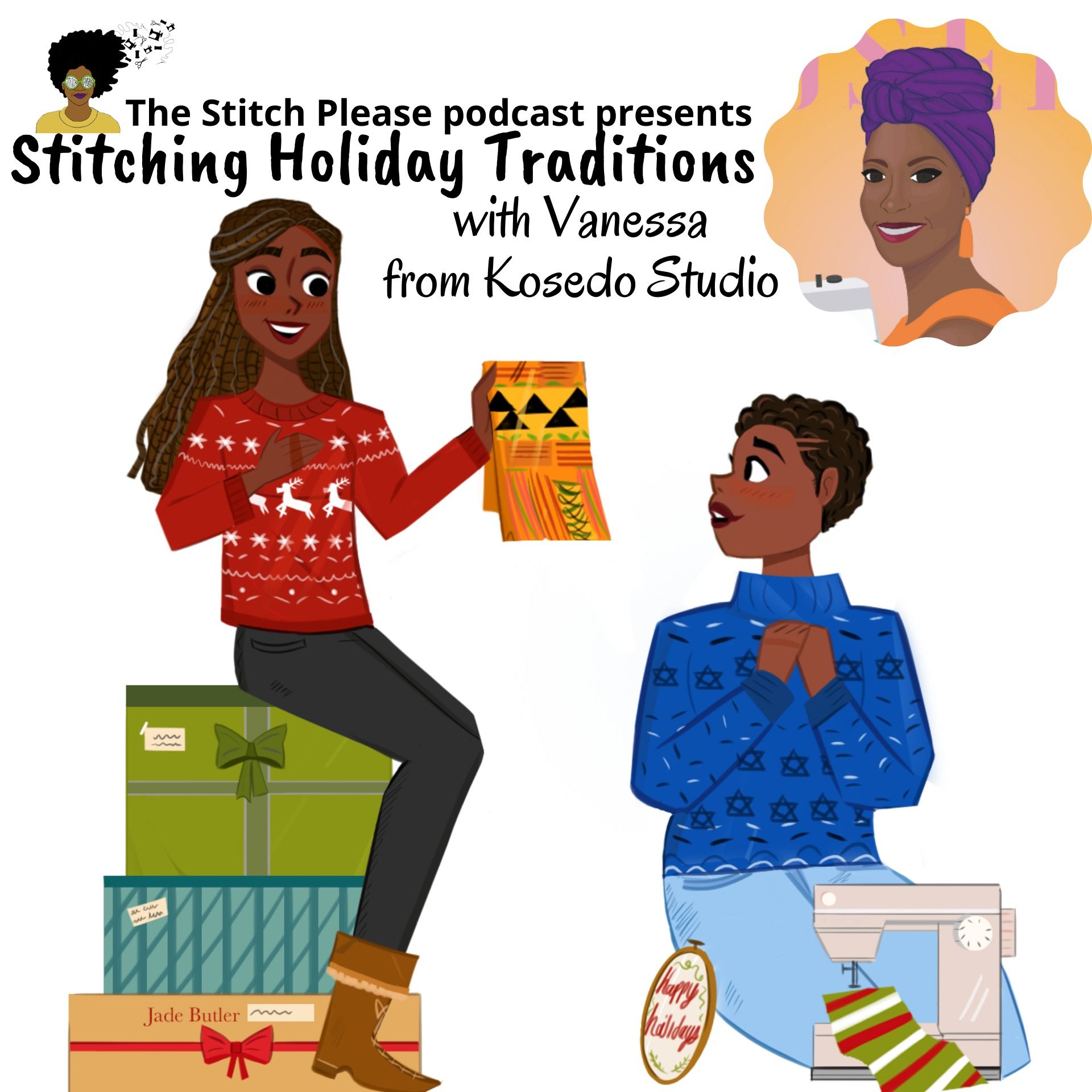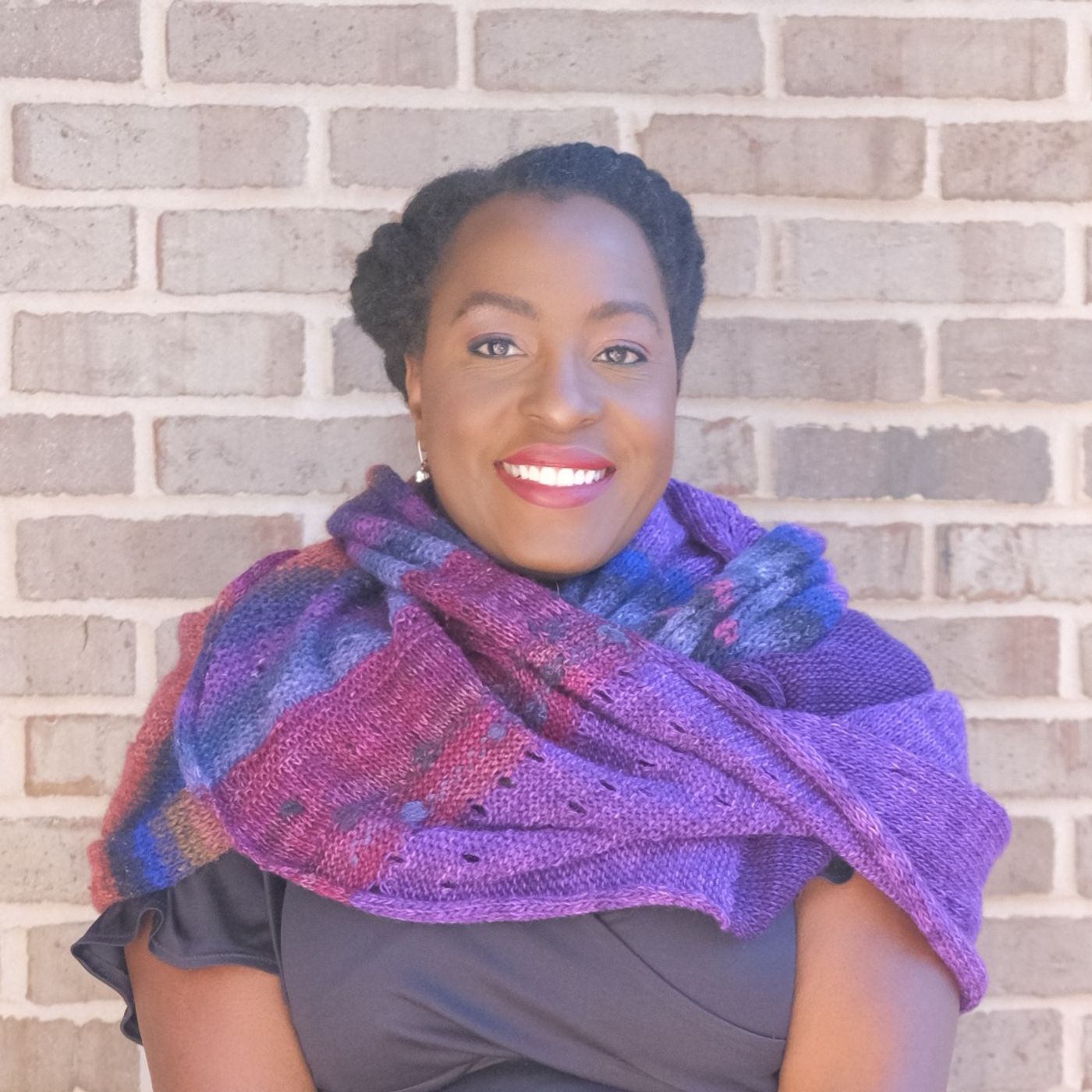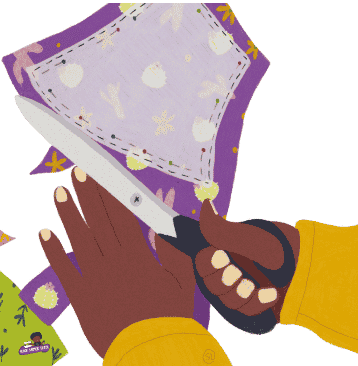Ways to support the Podcast and Black Women Stitch
Make a one-time donation here at our Act Blue site
Sustained financial support also appreciated here: For as little as $2 a month, you can join our Patreon
FREE SUPPORT Is also appreciated. Please rate, review, subscribe to the podcast. Tell a friend to do the same!
Find our more about Jacqueline Shaw
Wax and Wraps subscription box with fabrics Jacqueline sources from African manufacturers
Fashion Africa published by Jacaranda Books available on Amazon.com
Www.fashionafricatradeexpo.com
www.fashionafricaconference.com
www.fashionafricasourcingtrips.com
Featured in: Vogue Italia, Al Jazeera, She Leads Africa, BBC Africa, Guardian newspaper, BBC Women's Hour, Fashion United, Vogue Business, Monocle magazine and more
Speaker/Moderator: U.K. Gov DIT, European Commission, African Development Bank Fashionomics Africa, FIT NYC, and more
Sign up for the Black Women Stitch quarterly newsletter
Check out our merch here
Leave a BACKSTITCH message and tell us about your favorite episode.
Join the Black Women Stitch Patreon
Check out our Amazon Store
Stay Connected:
YouTube: Black Women Stitch
Instagram: Black Women Stitch
Facebook: Stitch Please Podcast



